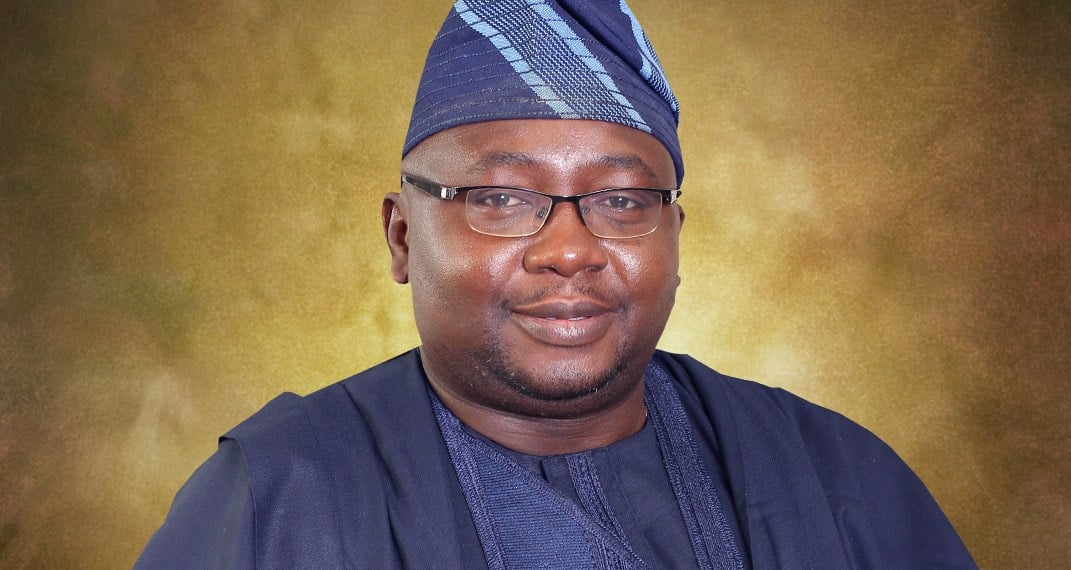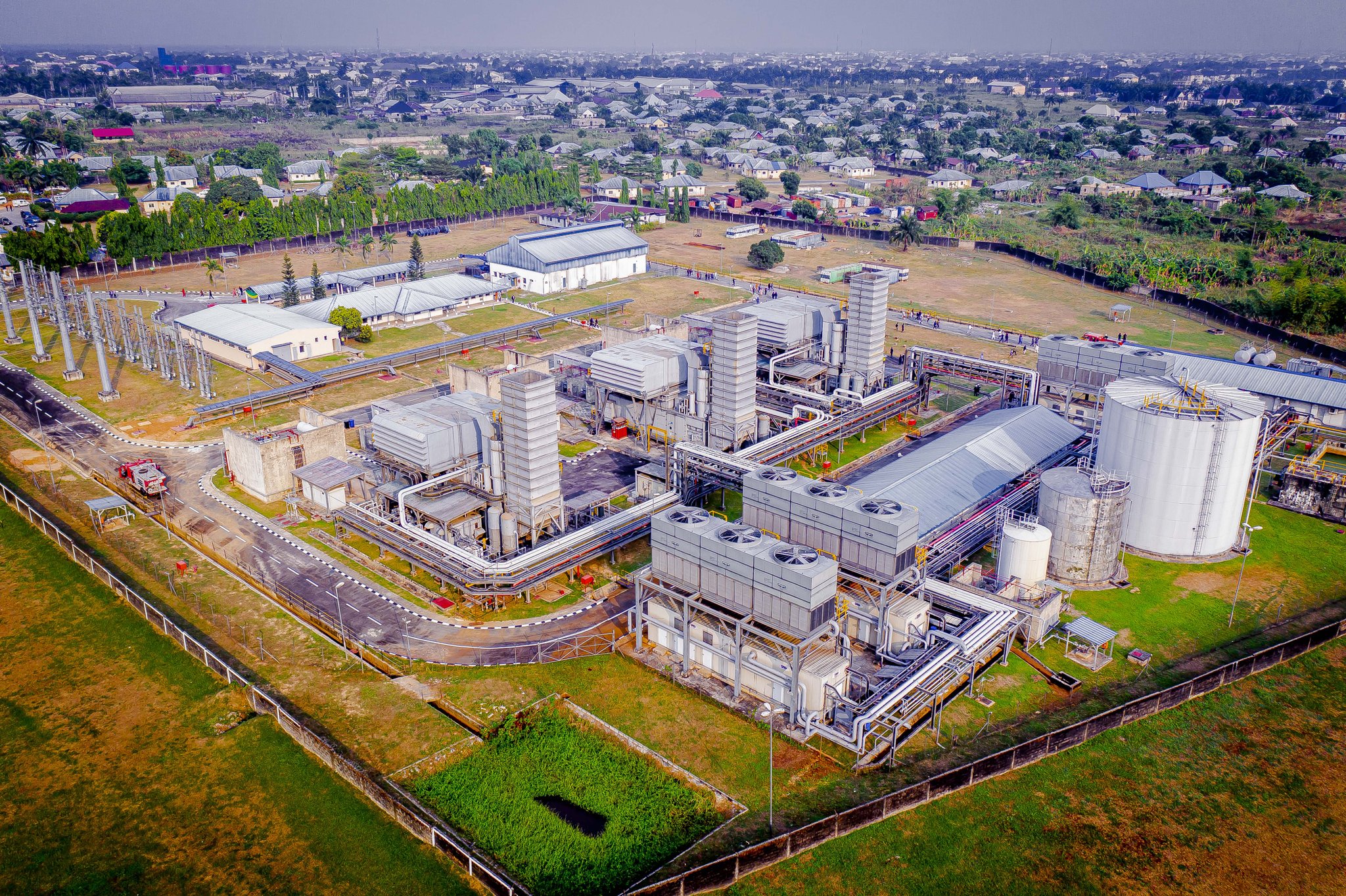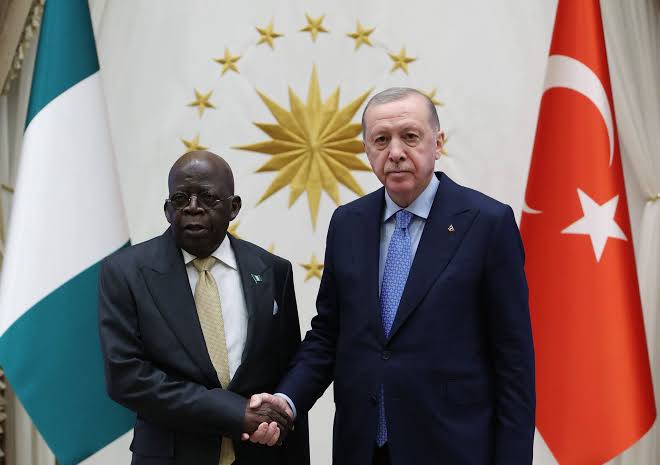The European Union has committed €46 million to support Nigeria’s social protection system through the “Sustainable Social Protection System in Nigeria” program.
Launched at the United Nations House in Abuja, this three-year initiative aims to strengthen social safety nets, initially focusing on four states: Abia, Benue, Oyo, and Sokoto.
According to a statement by the Director of Information & Public Relations at the Federal Ministry of Budget and National Planning, Osagie Jacobs J.I on Friday,
the initiative was developed in collaboration with the Federal Ministry of Budget and Economic Planning, and the EU.
The program’s primary objective is to enhance the National Social Protection Register, ensuring it serves as an effective tool for resource allocation and policy implementation.
The program seeks to strengthen the shock responsiveness of Nigeria’s social protection system at both federal and state levels, improving preparedness for economic and social crises affecting vulnerable populations.
It aligns with the government’s commitment to targeted, data-driven interventions, ensuring social protection programs effectively reach the most disadvantaged communities.
The EU’s investment reflects its ongoing commitment to supporting social welfare initiatives in Nigeria.
Over the years, it has funded various humanitarian and social protection programs focused on poverty reduction, healthcare improvement, and governance strengthening.
The Sustainable Social Protection System in Nigeria program aims to establish a more inclusive and resilient social assistance framework, ensuring vulnerable groups receive adequate support during economic downturns and crises.









